The Dichotomy Of Arthur Conan Doyle And Sherlock Holmes

Ankit Mahawar
May 22, 2018
Inspector: “Is there any point to which you would wish to draw my attention?”
Holmes: “To the curious incident of the dog in the night-time.”
Inspector: “The dog did nothing in the night-time.”
Holmes: “That was the curious incident.”
Therefore, it is surprising to learn that Sir Arthur Conan Doyle, the creator of a rational and logical character like Sherlock Holmes was a fervent follower of all that was irrational and illogical.
Doyle’s most famous creation, Holmes is the polar opposite of him. Holmes has always solved mysteries using rational and scientific methods. He frequently says, “When you have eliminated the impossible, whatever remains, however improbable, must be the truth.” In The Hound Of The Baskervilles, when he was informed of a mysterious death, supposedly linked to a supernatural giant hound from hell, he said that he had to disprove all other possibilities before coming to that conclusion. As he investigated, he eventually found out that the giant hound was actually a big bloodhound-mastiff dog covered with phosphorus to make it glow.
This raises the question in everyone’s mind: How Doyle, an ardent believer in séances, mediums, and fairies, could create Sherlock Holmes, a firm believer in logic and fact?
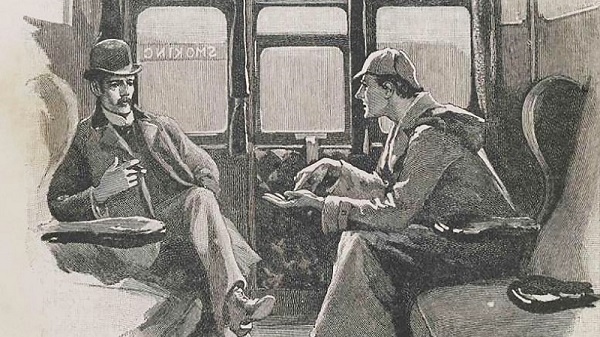
(Sherlock Holmes by Sidney Paget via Edge Hill University)
It is also not unlikely for a scientific and rational mind to believe in the occult. There have been many renowned scientists who have believed in ghosts and the supernatural. Marie Curie, scientist and winner of two Nobel Prizes in Physics and Chemistry, attended many séances to access the power of mediums. Another Nobel Prize winner in Physics, John William Strutt, was known to be a spiritual person and to have attended séances. Meanwhile, Sir Isaac Newton, one of the fathers of modern physics, believed in alchemy and biblical powers.
Doyle, in fact, took up writing Sherlock Holmes as an experiment. In an interview, Doyle said that he was frequently annoyed by the old-fashioned detective stories where the detective always reached the conclusion by luck or fluke. He thought there could be a more methodical way to solve mysteries. He spoke of an old professor during his medical studies, Dr. Joseph Bell, who was excellent at his deductions, “He would look at the patient, he would hardly allow the patient to open his mouth but he would make his diagnosis of the disease, and also very often of the patient’s nationality and occupation and other points, entirely by his power of observation.” Doyle then imagined a person like Dr. Bell in detective scenarios and developed the plotline and character of Sherlock Holmes. He added, “I thought of a hundred little dodges, as you may say, a hundred little touches by which he [Holmes] could build up his conclusions and then I began to write stories on those lines.”
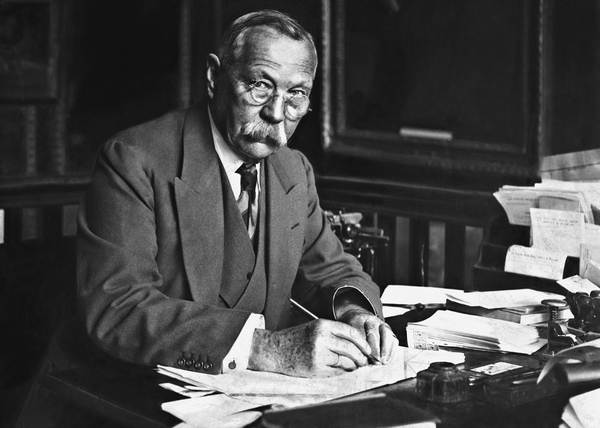
(Arthur Conan Doyle via Arthur Conan Doyle Encyclopedia)
However, Holmes overshadowed all of these works. Doyle considered Sherlock Holmes to be merely a popular commercial work for which he got paid a lot. He even felt that Sherlock Holmes was keeping him from writing better works – a fact which bothered him so much that he killed Holmes in The Final Problem. He was forced to bring him back to life due to the huge public demand.
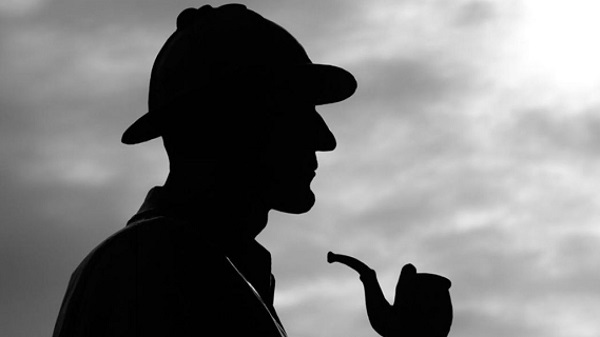
(Sherlock Holmes via Merita)

Ankit loves stories, be it in any form- print, media or theatre. After reading Angels and Demons, he fell in love with books, especially suspense, thriller, and fantasy. He is a big fan of the Harry Potter series. He quit his engineering career to become a writer and worked with The Curious Reader. Apart from writing he also loves filmmaking, photography, travelling and cooking. You can reach him on Instagram.
You can read his articles here.

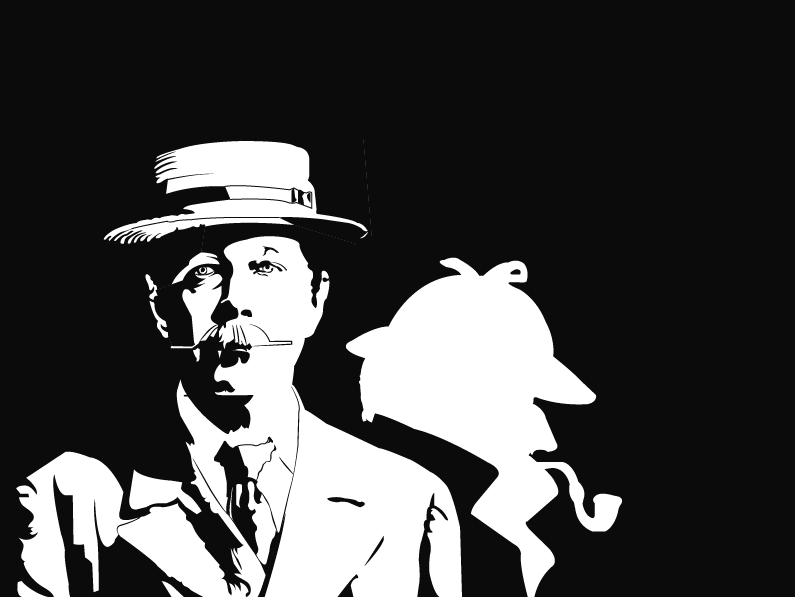
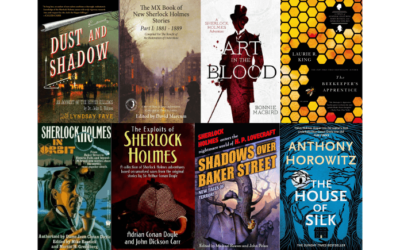
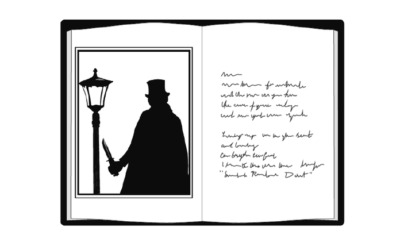

As an ardent fan of the Holmes series, I simply assumed that Doyle was a rationalist. Thank you for the insightful article.
To hold two viewpoints in mind is one thing – but to publish full-fledged books on both viewpoints simply blows my mind!